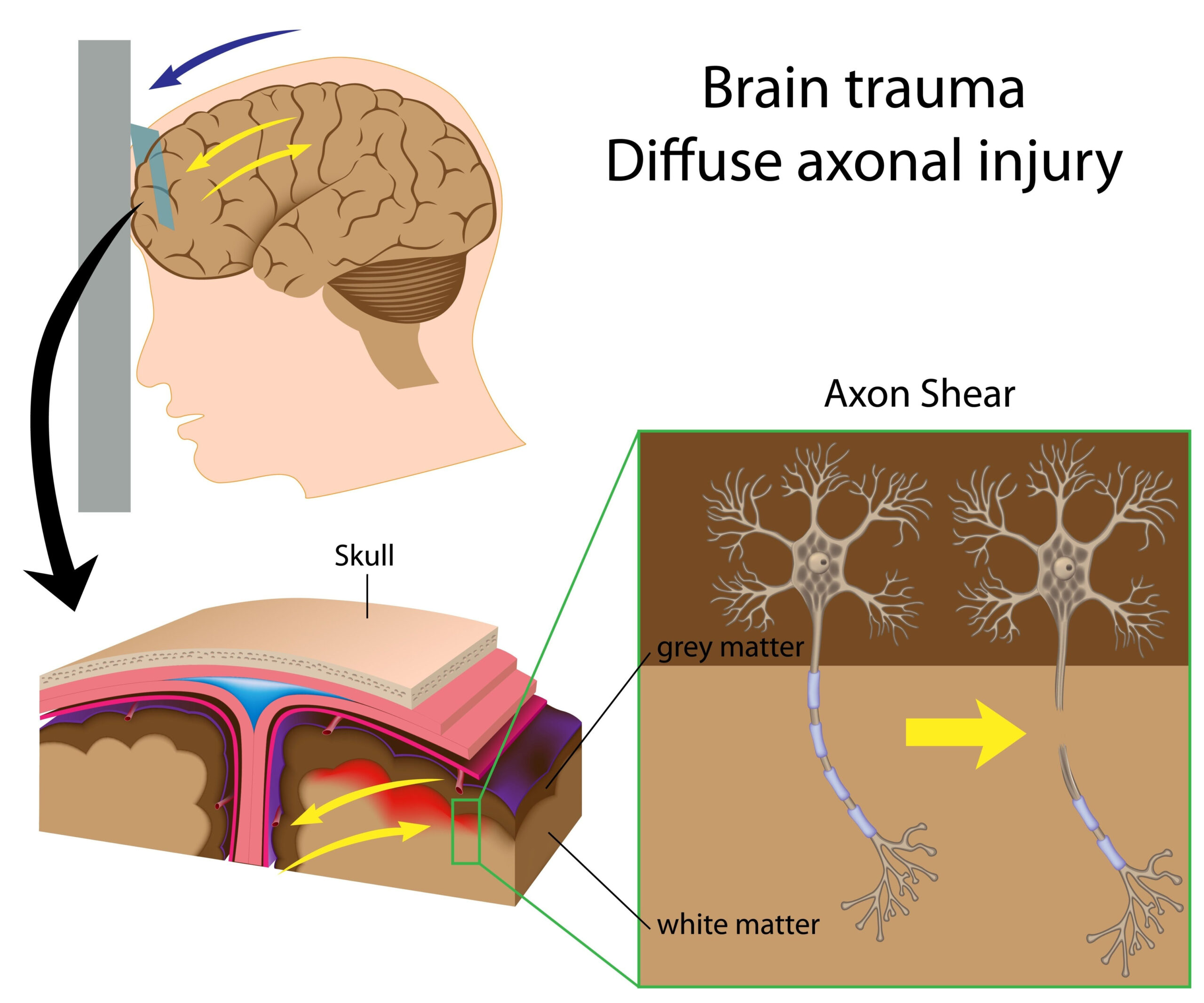No Association Between Fencing Response After Concussion and Recovery Time, Concussion Severity, or Clinical Outcomes in Professional American Football Players
Study Overview This research investigates the relationship between the fencing response observed in athletes following a concussion and its implications […]


